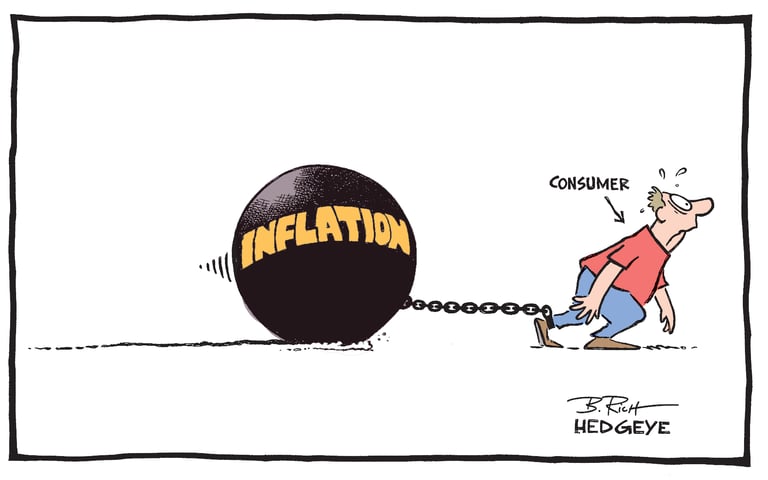The Ripple Effect: How Japan's $113 Billion Stimulus Could Impact US Bonds


In the intricate world of global finance, the actions of one nation can send ripples across the seas and affect economies and markets thousands of miles away. Japan's recent announcement of a $113 billion stimulus package is a case in point. While the primary objective of such a package is to stimulate the Japanese economy, its repercussions can extend far beyond its borders, including potentially impacting US bonds.
Understanding the Japanese Stimulus Package
Before delving into how Japan's stimulus could influence US bonds, let's first understand what this package entails. The $113 billion stimulus is designed to invigorate Japan's economy, create jobs, and support various sectors, including infrastructure, healthcare, and technology. At first glance, this might seem like an internal matter, but the interconnected nature of the global economy means that actions taken by one major player can have far-reaching implications. (SOURCE)
The Global Bond Market Dynamics
To comprehend how this stimulus could affect US bonds, we must recognize the dynamics of the global bond market. Bond prices and yields are typically inversely related; when yields rise, bond prices fall, and vice versa. Moreover, the global bond market is highly interconnected, and bonds from different countries are influenced by each other, especially those of developed nations like Japan and the United States.
Here are a few potential ways Japan's stimulus could impact US bonds:
1. Global Inflation Expectations: When a country enacts a substantial fiscal stimulus, it often leads to economic growth and increased inflation expectations. Higher inflation expectations can cause bond yields to rise globally. US bonds are not immune to this trend; if global yields increase, US bond prices may decline, leading to lower returns for bondholders.
2. Competitive Bond Yields: As Japanese government bonds (JGBs) offer relatively lower yields compared to US Treasury bonds, a large-scale Japanese stimulus could make JGBs less attractive for Japanese investors. In search of higher returns, Japanese investors might shift some of their investments to US bonds, potentially increasing demand for US Treasuries. This would likely only be temporary though as inflation, globally, is elevated. Stimulus packages like this are like trying to fight fire with even more fire.
3. Global Risk Appetite: Fiscal stimulus in Japan can boost confidence in the global economy, leading to greater risk appetite among investors. In this scenario, they might divert funds from safe-haven assets like US bonds into riskier investments, contributing to higher US bond yields. We are already seeing this across multiple sectors, including a boom in AI. The bubbles keep growing and will ultimately end up popping.
4. Exchange Rates: Japan's stimulus can also influence currency exchange rates. If the Japanese yen weakens due to the stimulus, it might make US bonds more appealing to Japanese investors, thus mitigating some of the negative effects on US bond prices.
5. Federal Reserve Response: If Japan's stimulus significantly impacts US bond yields, the Federal Reserve might adapt its monetary policy to counteract these effects. The Fed could raise interest rates to manage domestic inflation and bond yields, helping to "stabilize" the US bond market. What does this mean in layman's terms? Well, it means higher interest rates for longer periods of time. Welcome to the debt spiral!
Japan's $113 billion stimulus package is a reminder of the intricate web of the global financial system. Actions taken by one nation have the potential to affect economies and markets across the world, including US bonds. While these potential impacts exist, it's important to note that the global financial landscape is influenced by numerous variables, making predictions complex and uncertain. Investors, policymakers, and financial experts closely monitor these developments and adjust their strategies accordingly, recognizing that the world's economic puzzle is never static, and every piece has its role to play.
Interested in learning how to take advantage of the volatility and risks imposed by the shadow banking system? Schedule a free consultation with us today!




